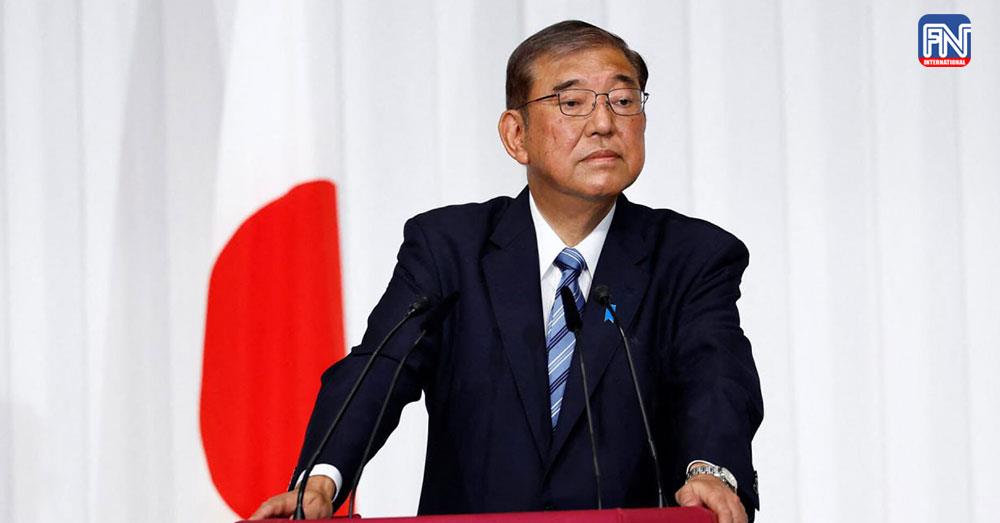TOKYO, Nov 11 (Reuters) - Japanese lawmakers decide on Monday whether Prime Minister Shigeru Ishiba remains the country's leader after his scandal-tarnished coalition lost its parliamentary majority in a lower house election late last month.
Ishiba, who called the snap poll after coming into office on Oct. 1, is expected to prevail as his Liberal Democratic Party and coalition partner Komeito won the biggest block of seats in the election, while losing the majority held since 2012.
Even so, Ishiba then faces the prospect of running a fragile minority government as protectionist Donald Trump regains control in Japan's main ally the U.S., tensions rise with rivals China and North Korea, and public pressure mounts at home to tackle a cost of living crunch.
The small opposition Democratic Party for the People has emerged as a kingmaker after the election, declining to enter a formal coalition with the LDP but saying it may offer support on a policy-by-policy basis.
In a sign of the challenges Ishiba may face in pushing through his policy agenda, DPP chief Yuichiro Tamaki told reporters on Friday that party members would not vote for Ishiba at Monday's special parliamentary session.
"Until now the LDP and Komeito have been able to push their policies through and they are no longer able to do that, they have to listen to the opposition parties," he said.
Tamaki, though, faces his own battles, saying on Monday he would consult with his party over whether to remain its leader after admitting to an extra-marital affair first revealed in a tabloid magazine.
Former Prime Minister Yoshihiko Noda, the head of the opposition Constitutional Democratic Party, the biggest party after the LDP, is also expected to be among the candidates put forward as premier.
If, as expected, no candidate wins a majority initially, a runoff between the top two contenders will determine the winner. Such a runoff has not been held in 30 years, underlining the fragility of Japan's leadership.

Photo from Reuters